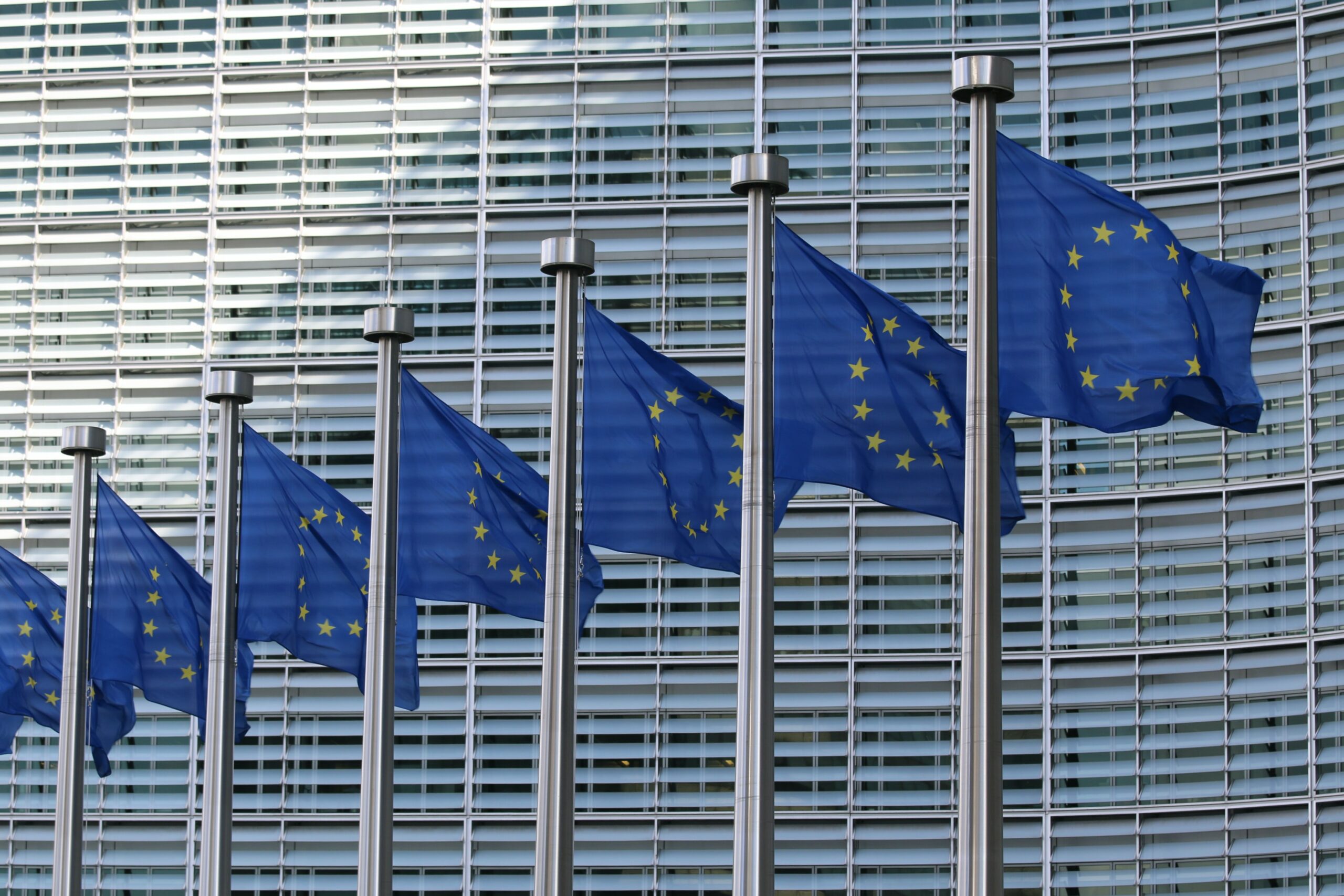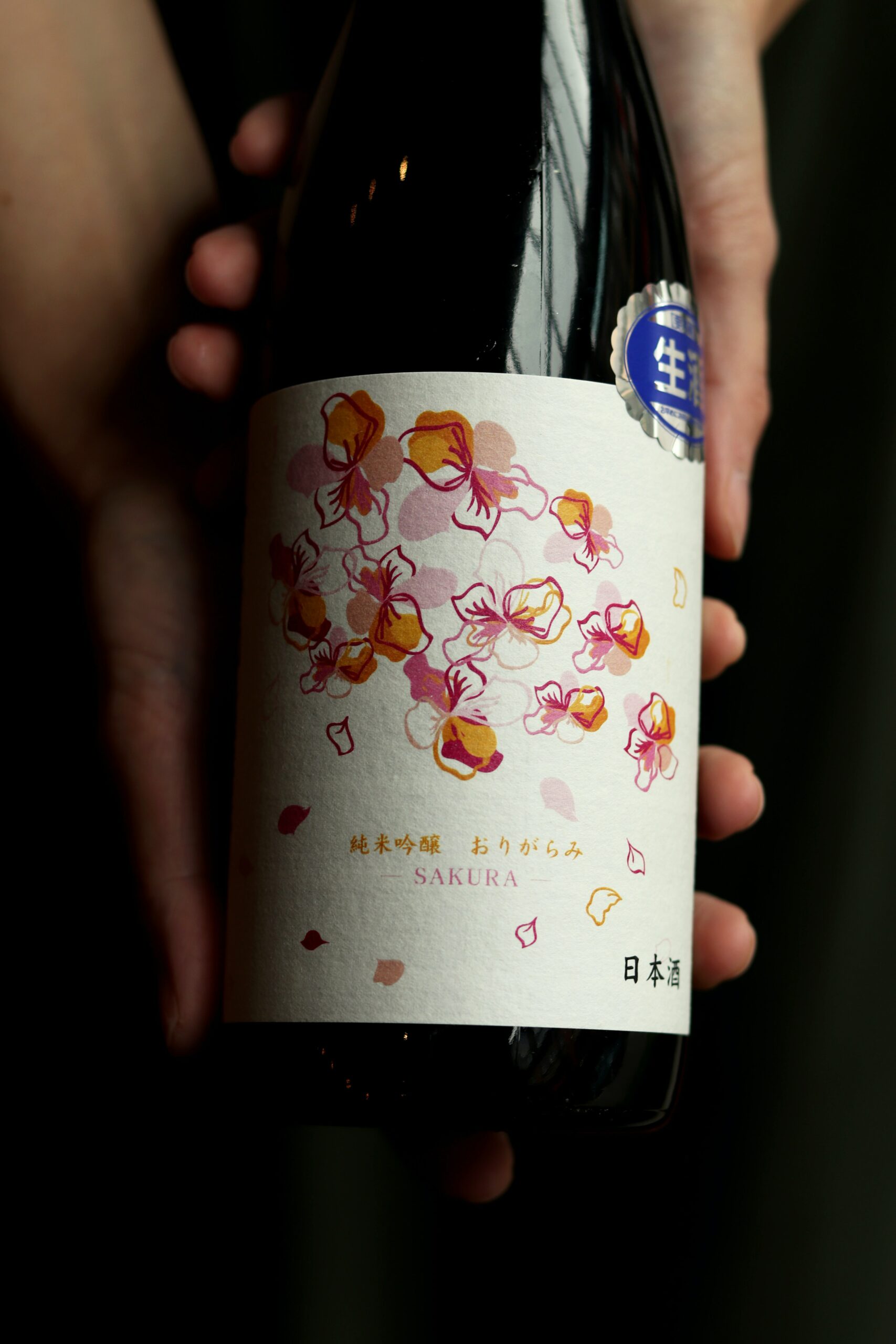Jus Vini n°1/2023 has some originality regarding its leading article. A. Ribeiro de Almeida's initial contribution found an answer in B. O'Connor's article. While both texts are dealing with GI's on a European level, the opinion of both authors is different.
In order to allow the largest plurality of opinion, the Editors thought to present both articles in the same issue of Jus Vini. The aim is to have a debate. You can read the abstract of both article below:
THE FUTURE OF GIs IN THE EUROPEAN UNION (DO THE PROPOSED CHANGES REPLY TO THE CHALLENGES AND ISSUES THAT GIs FACE TODAY?)
A. Ribeiro de Almeida
Abstract: The European Union is drafting a reform of the legal framework for geographical indications. The role the European Union Intellectual Property Office will play in this reform as well as the competences to be retained by the European Commission are not yet clear. However, a major change in the political understanding of the role of GIs under European Union policy can be expected; not only the role of GIs but also their legal understanding – for those that still comprehend GIs as public goods – may follow another path. There also seems to be a move from a quality policy to a sustainability policy, which will represent a new challenge for the GI producer groups. Some of the changes that are foreseen seem to be inspired by the future regime of non-agricultural GIs. GIs face a new challenge for the future, especially concerning the prerequisites for the recognition of a GI producer group.
OBSERVATIONS ON THE COMMISSION PROPOSAL TO REFORM THE EU RULES ON GIs FOR WINE, SPIRIT DRINKS AND AGRICULTURAL PRODUCTS
B. O'Connor
Abstract: This article examines the provisions on geographical indications in the European Commission's proposal to replace the 2012 EU Quality Regulation. It was written before the proposal was subject to detailed examination in the European Parliament and the Council. The article argues that the proposal is a missed opportunity to create a single instrument, like for all other forms of intellectual property, for geographical indications as such, and the need to better explore the concept of the link between a product's characteristics or qualities or reputation and its origin. The proposal does not give sufficient weight to the role of consumers and the wider society in preserving the cultures and traditions that this form of intellectual property seeks to protect.

A modernised version of the agreement between the EU and Chile was enforced. Not only does it increases the number of wine and spirit that fall under the bilateral agreement, it also strenghten the commercial relationship between the two parties.

The European Commission recently published a list which presents some known website and marketplaces that engange in counterfeit and piracy outside of Europe. This list works as a warning for companies and businesses in the EU.

The EU published a reglementation for the wines companies to communicate mandatorily their list of ingredients for wines and aromatised wines. In order to assist companies with the technical elements, a platform was created by the CEEV and SpiritsEUROPE : U-Label. It is now fully fonctionnal and has already some companies using the platform.

A study dealing with: "Wine labelling with the list of ingredients: context, consumer’s perception and future challenges" was just released in anticipation of the new European reglementation. The study questions the perception by the consumer of different types of ingredients on the label.

The New-Zealand Foreign Affairs and Trade Ministry just released a draft of an ongoing negociation for a Trade Agreement with the EU. As of yet, the Agreement offers to recognize and protect more than 2 000 european GI's.
Find the Agreement on NZ's Foreign Affairs and Trade website.

The 11th edition of the Summer School will take place in Reims from 2 to 6 May 2022. The “Wine & Law in the EU” is a diploma course given in English, bringing together professors specializing in European and international wine law, and is aimed at an international audience of students and professionals specializing in European and international wine law.
Earlier this month, the UE published the new Common Agricultural Policy (CAP) for the wine sector. The CAP intends to work as a guideline for the sector's actors.
The case is well known: an ice cream with Champagne as an ingredient was briefly sold by Aldi. The Comité Champagne opposed Aldi the status of Champagne as a Protected Designation of Origin. After several decisions brought by the German and european authorities, the Munich Higher Regional Court gives credit to the world's most famous PDO.
The Commission released a study on European GIs and TSGs and their consistency through all the European countries.
© 2025 Wine & Law Program — Université de Reims